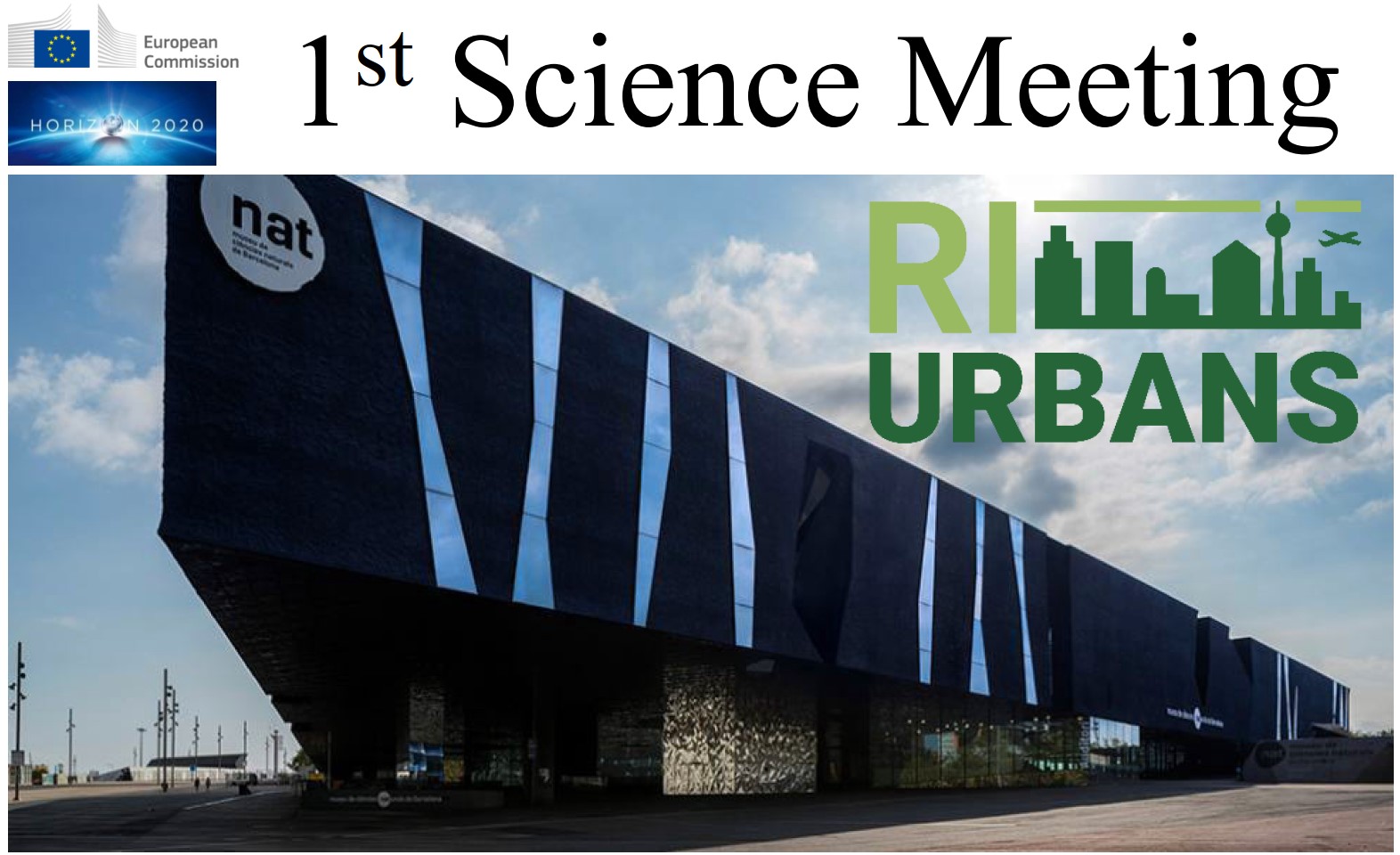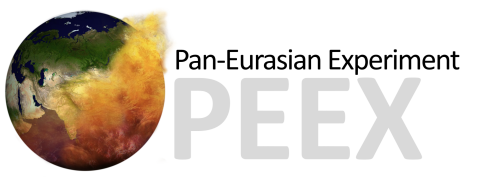Project Description

The Horizon-2020 RI-URBANS (Research Infrastructures Services Reinforcing Air Quality Monitoring Capacities in European Urban & Industrial AreaS; https://riurbans.eu; Oct 2021 – Sep 2025) project 1st Science Meeting took place in a hybrid format during 19-20 October 2022 (Barcelona, Spain). 150 participants attended (onsite 84 and online 66) the event from Belgium, Finland, France, Germany, Italy, Netherlands, Norway, Romania, Spain, Greece, Sweden, Switzerland, Turkey, UK from 65 institutions from the Partners of the RI-URBANS consortium and collaborating/ interested organizations.
The scope of the Science Meeting included the following major topics: (*) data compilation and analysis of the advanced air quality parameters; (*) analysis of health outcomes, city mapping, citizen involvement, pollution, hotspots; (*) first results on emission inventories and modelling; (*) evaluation/discussion of 5 main Pilots (such as (i)&(ii) – near-real-time particular matter source apportionment & ultrafine particles, particle size distribution; (iii) mapping, 3D, mobile measurements and citizen science; (iv) health effects of advanced air quality parameters and source contributions; (v) air quality in and from urban hotspots – traffic, airports, industry, harbours); and (*) upscaling actions. Moreover, the involvement of air quality policy stakeholders in interpretations/discussions of the project results as well as pilots and applications of service tools were discussed.
On 19th October, a series of invited talks – WHO (World Health Organization) air quality guidelines and new air quality parameters; DG-ENV-EC revision of ambient air quality directives; Role of RI-URBANS in ACTRIS (Aerosol, Clouds and Trace Gases Research Infrastructure); Input of AQUILA (Air Quality Reference Laboratories) network into EU air policy revision; Source apportionment of ultrafine particles (UFP) and particle-size distribution; Health effects of air borne particulates – was delivered. It followed by reporting on status/ progress for tasks of the RI-URBANS WorkPackages (WP) and discussions. In particular, WP1 on “Novel air quality metrics and advanced source apportionment service tools for particulate matter and nanoparticles” included reporting on particle number concentration and particle number size distribution; elementary black carbon (BC) and absorption, chemistry offline and online; VOCs (volatile organic compounds) / ammonia; centralized source apportionment study on particular matter; service tool for near-real-time source apportionment of carbonaceous matter; developing products and methods for air quality from profiling observations. WP2 on “Health effect assessment of particulate matter (PM) and its components, nanoparticles, and their source contributions” included reporting for tasks on health effects; oxidative potential (OP); urban mapping; synergy support. The poster session and the RI-URBANS Steering Committee meeting also took place with involvement of the WP Leaders, Managers on Data, Innovation, and Risks.
On 20th October, the status/ progress reporting on WPs continued as well as the poster session. WP3 on “Improving modelling and emission inventories for policy assessment using advanced observation-based methodologies” included reporting for tasks: on urban dispersion – street scale and vertical structure; emissions – UFP, downscaling, top-down and bottom-up; and regional modelling (for OP, UFP, BC, VOCs). WP4 on “Pilot implementations for testing and demonstrating services” included: aerosol source apportionment; aerosol number size distribution; novel health indicators; urban mapping; pollution hot spots; and ICOS (Integrated Carbon Observation System) cities pilots. WP5 on “Strategic guidance for upscaling RIURBANS service tools” included reporting on plans for data curation within RI-URBANS and link to existing research infrastructures.
The list of already reported Deliverables and Milestones is at: https://riurbans.eu/project/#deliverables-and-milestones
The list of publications is at: https://riurbans.eu/results/#publications
The list of Associated Collaborators is at: https://riurbans.eu/partners/#associated-collaborators
See also a sumup from the organizers of the event at: https://riurbans.eu/ri-urbans-celebrates-its-1st-science-meeting-in-barcelona-updating-on-the-progress-of-the-project
Text by: Xavier Querol, Marta Monge (from the Spanish National Research Council) & Tuukka Petäjä, Alexander Mahura (from the University of Helsinki).
